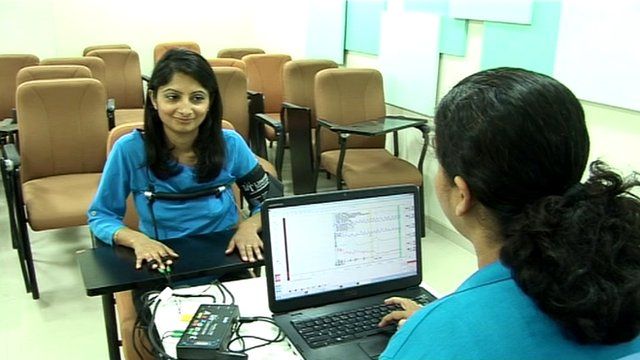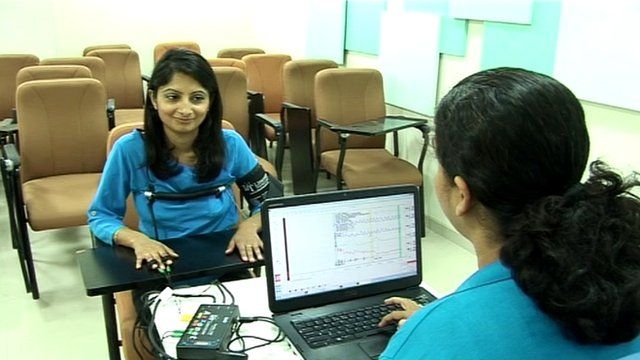
Welcome to the intriguing world of lie detector tests. These tests, also known as polygraphs, have long captivated both the curious and the skeptical, unveiling a captivating intersection of psychology and technology. The idea of a machine that can supposedly detect deception has sparked debate and fascination, making lie detector tests a subject of both mystery and controversy.
In a society where honesty is valued, the allure of using a scientific tool to uncover the truth is irresistible. People are drawn to the possibility of revealing concealed truths and verifying the authenticity of statements through the objective lens of a lie detector test. Yet, beneath the surface of this technology lies a complex web of science, psychology, trust, and ethics. Let’s delve deeper into the intricacies of lie detector tests and unmask the truth behind this enigmatic tool.
History of Lie Detector Tests
Lie detector exam
Lie detector tests have a fascinating history that dates back to the early 20th century. The first rudimentary lie detectors were developed in the early 1900s by physiologist William Moulton Marston. Marston’s work laid the foundation for future advancements in lie detection technology.
In the 1920s, John Larson, a police officer, enhanced Marston’s original polygraph machine to measure changes in a person’s blood pressure, heart rate, and respiratory rate. Larson’s polygraph became the prototype for modern lie detector tests, offering a tool for law enforcement and researchers to uncover deception.
Over the following decades, lie detector tests evolved with the integration of additional physiological measurements such as galvanic skin response and muscle activity. These advancements increased the accuracy and reliability of lie detectors, solidifying their role in various fields, including criminal investigations, pre-employment screenings, and national security matters.
Accuracy of Lie Detector Tests
Lie detector tests are often hailed for their capability in detecting deception. They are designed to measure physiological responses such as heart rate, blood pressure, and skin conductivity, which are believed to indicate signs of stress or nervousness when someone is being deceptive.
While lie detector tests can be a useful tool in certain situations, their accuracy is not foolproof. Factors such as the individual’s emotional state, physical condition, and even their belief in the test’s effectiveness can all impact the results.
It is important to note that lie detector tests are not admissible as evidence in court in most jurisdictions due to their unreliability. Critics argue that they can be manipulated and are not a definitive measure of truthfulness.
Ethical Considerations
When it comes to utilizing lie detector tests in various settings, ethical considerations play a crucial role. One key aspect to consider is the potential for false positives and false negatives, which can have significant consequences on an individual’s reputation and well-being.
Additionally, the consent of the individuals involved in the lie detector test is paramount. Ensuring that participants fully understand the implications of the test, including its limitations and potential impact, is essential in maintaining ethical standards throughout the process.
Furthermore, it is important for those administering lie detector tests to uphold confidentiality and privacy rights. Protecting the sensitive information revealed during these tests is fundamental in respecting the rights and dignity of the individuals undergoing examination.


